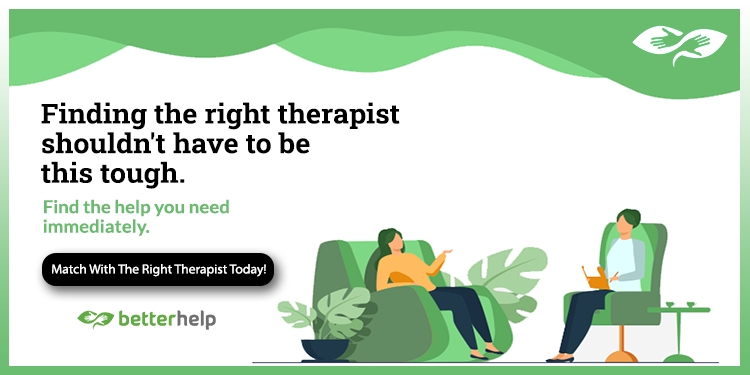Holistic medicine is a form of healing that considers the whole person – body, mind, spirit and emotions – in the pursuit of optimal health. According to the philosophy of holistic medicine, achieving the right balance in life can lead to optimal health – the primary goal of holistic medicine.
Practitioners of holistic medicine believe that the whole person is made up of interdependent parts and that if one part is not functioning properly, it will affect all the other parts. Thus, if people have an imbalance (physical, emotional or spiritual) in their lives, it can negatively affect their overall health.
A holistic doctor may use all forms of treatment, from conventional medicine to alternative therapies, to treat a patient. For example, when a person suffering from migraine headaches visits a holistic doctor, rather than going with medication alone, the doctor will likely review all the potential factors that may be causing the person’s headaches, such as other medical conditions, problems, diet and sleep habits, stress and personal issues, and preferred spiritual practices. The treatment plan may include medications to relieve symptoms, as well as lifestyle changes to prevent the headaches from recurring.
Holistic medicine is also based on the belief that unconditional love and support are the most powerful healers and that the person is ultimately responsible for their own health and well-being.
Transactional analysis as an everyday tool
Holistic treatments include the following principles:
All people have innate healing powers. The patient is a person, not a disease. Treatment takes a team approach that includes the patient and the doctor and addresses all aspects of the person’s life using a variety of health practices, including psychotherapy.
Treatment involves determining the cause of the condition, not just relieving symptoms.
Holistic Medicine: Types of Treatment
Holistic practitioners use a variety of healing techniques to help their patients take responsibility for their own well-being and achieve optimal health. Depending on the practitioner’s training, these may include:
Educating the patient about lifestyle changes and self-care to promote well-being, nutrition, exercise, psychotherapy, relationship and spiritual counseling, and more. Complementary and alternative therapies such as acupuncture, chiropractic, homeopathy, massage therapy, naturopathy, and others.

Keywords: body-oriented therapy, psychotherapist Zagreb, somatic experiencing, trauma, body psychotherapy, Licensed therapist near me in Manhattan NYC, Affordable therapy services in New York State, Holistic psychotherapy sessions in NYC, Somatic Experiencing therapy for trauma recovery in New York City, NARM therapy in Brooklyn, Licensed couples therapy in Manhattan, Gestalt therapy near me in NYC, Marriage counseling in Queens NYC, Therapy for anxiety treatment in NYC, Experienced psychotherapist in New York, Licensed psychotherapist near me in NYC, Somatic Experiencing therapy sessions in New York, Trauma therapy and counseling in Manhattan, Gestalt therapy sessions in New York City, Therapy sessions for emotional regulation in New York, Trauma therapy near me in Brooklyn New York, Licensed mental health therapist in Manhattan NYC, Depression therapy in New York, New York City therapist experienced in PTSD treatment
*Photo: GettyImages
*Contact: Make an appointment
*For companies: Creative manager
Psychosomatics – what does the body tell us?








